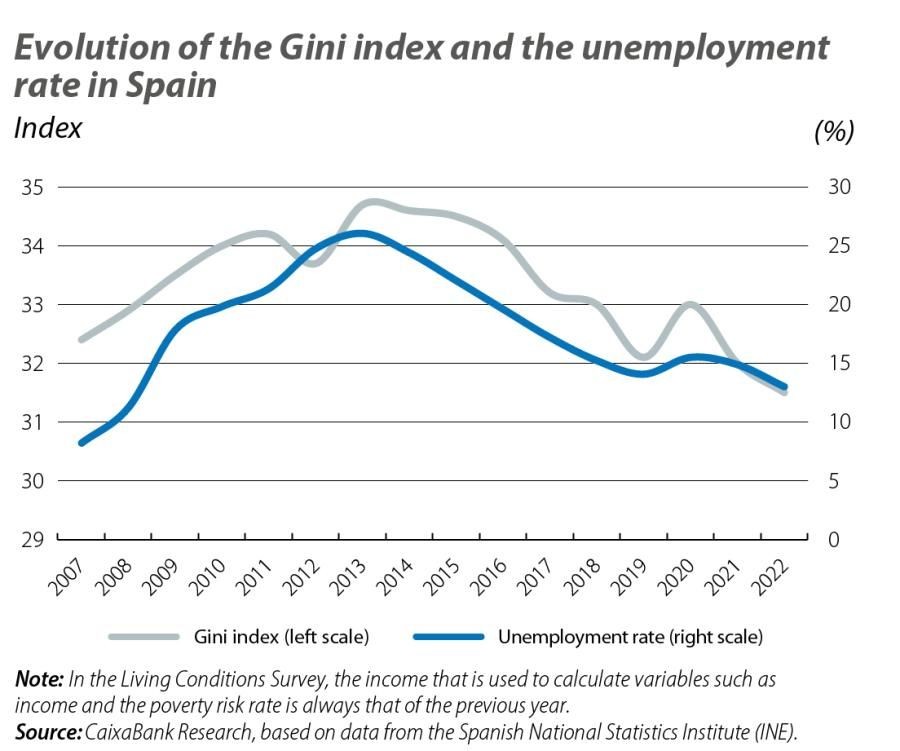
In a notable departure from trends seen in other developed nations, Spain has achieved a reduction in income inequality over the past three decades, according to recent economic data.
While countries like the United States, Germany, and France have experienced rising income gaps since 1990, Spain stands out with lower inequality levels in 2022 compared to thirty years ago. This comes despite periodic increases during economic crises.
The share of total income held by Spain's top 1% of earners dropped to 10% in 2022, marking a 1.7 percentage point decrease from 1980s policy shifts. This contrasts sharply with the United States, where the top 1% now commands 20.9% of total income, up from 14.7% in 1990.
The COVID-19 pandemic temporarily disrupted Spain's progress on inequality reduction. However, government support programs like the ERTE furlough scheme helped prevent major income disparities from emerging during the crisis.
On the wealth inequality front, Spain also shows promising indicators. The country's Gini wealth index stands at 67.2 points in 2024, performing better than both France (71.3 points) and Germany (76.9 points). While wealth inequality spiked after the 2008 financial crisis, it has stabilized since 2015.
Spain's success in managing income inequality offers valuable insights for other developed economies grappling with widening economic gaps. As nations worldwide work to build more equitable societies, Spain's experience demonstrates that reducing income disparities is achievable with appropriate policy measures.